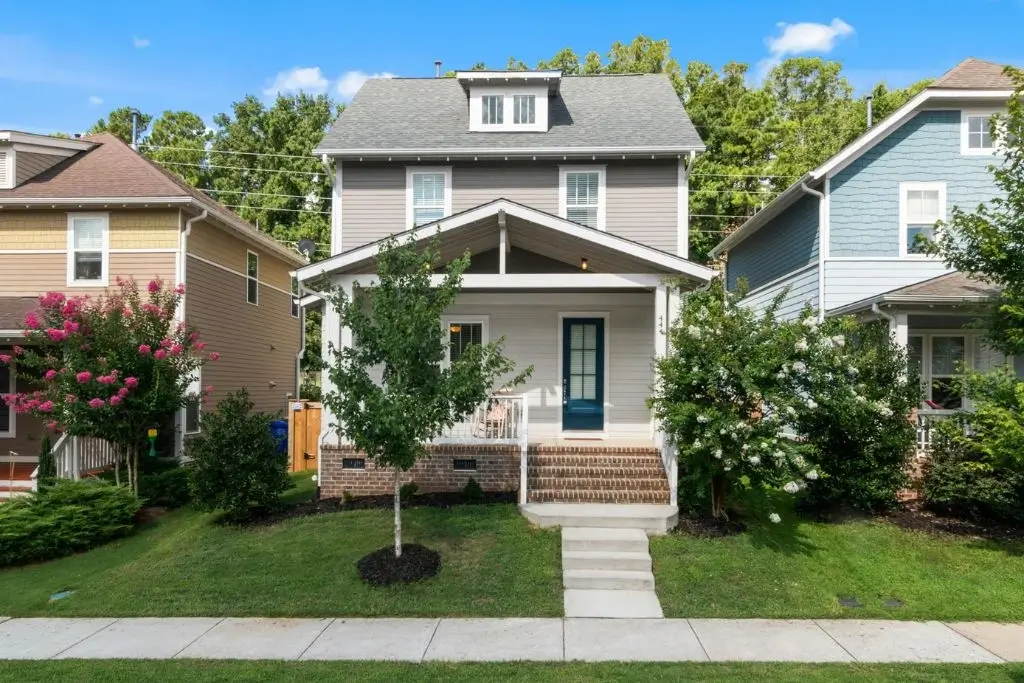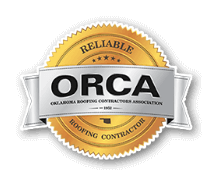Roofs unfortunately have an expiration date. So, when it’s time to replace your old roof, you should be aware of the top considerations when choosing the most suitable roof for your property. After all, the right roofing materials do more than just protect your home—they can improve your property’s curb appeal, increase energy efficiency, and boost your home’s resale value.
In this blog, our experts at Maupin Roofing in Oklahoma City share some of the most important aspects of choosing the perfect roof for your home.
Start with the Right Roofing Materials
1. Asphalt Shingles

Among all roofing types, asphalt shingles are America’s top and most common roofing material. They’re budget-friendly, versatile, and can suit just about any home because they come in many colors and styles.
Pros and Cons of Asphalt Roofing
Pros | Cons |
|---|---|
These roofing shingles are some of the most affordable options in the market today. | They typically last around 20 to 30 years, which is relatively shorter compared to other materials. |
Their lightweight nature makes asphalt shingle roofs easier (and faster) to install. | When exposed to high winds, extreme heat, or hail for long periods, the material can wear out faster. |
You’ll find them in a wide range of styles like basic three-tab shingles and more dimensional designs that look like wood or slate. | |
Best Fit: Homes in moderate climates or those looking for an affordable yet sturdy roofing option. 2. Metal Roofing | |

Metal roofing is also another popular choice, not just for commercial buildings, but also for residential homes. This material’s biggest selling point is its heavy-duty abilities and long-lasting performance.
Pros and Cons of Metal Roofing
Pros | Cons |
|---|---|
With a lifespan of 40 to 70 years, metal roofs outlast many other materials. | The initial or upfront cost can be higher than asphalt shingles. |
They hold up well against high winds, heavy rain, and even hail. | Rain can create a noticeable sound on metal roofing, though insulation can reduce this. |
Metal roofing reflects sunlight, which helps keep homes cooler in hot climates. | |
Best Fit: Buildings in areas with extreme weather or homeowners looking for a low-maintenance, long-term roofing solution. 3. Slate Roofing | |
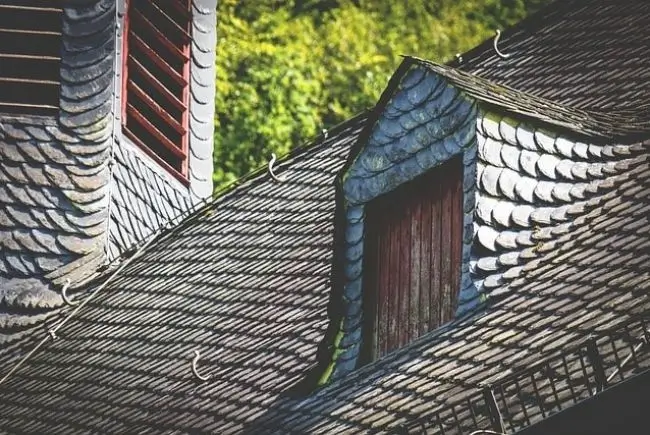
Slate roofing is a luxurious choice. Its natural stone construction gives it a sophisticated, timeless look. It’s long-lasting and known for its incredible strength. However, they do come at a premium price.
Pros and Cons of Slate Roofing
Pros | Cons |
|---|---|
When you properly take care of the material, it can last over 100 years. | Slate is heavy and usually requires additional structural support to protect the rest of your building. |
Slate is naturally resistant to fire and harsh weather. | It’s one of the most expensive roofing materials. |
It adds a unique, high-end touch to your property which can make it stand out. |
|
Best Fit: Historic homes or upscale properties where style and longevity are priorities. | |
4. Clay Tiles and Concrete Tiles
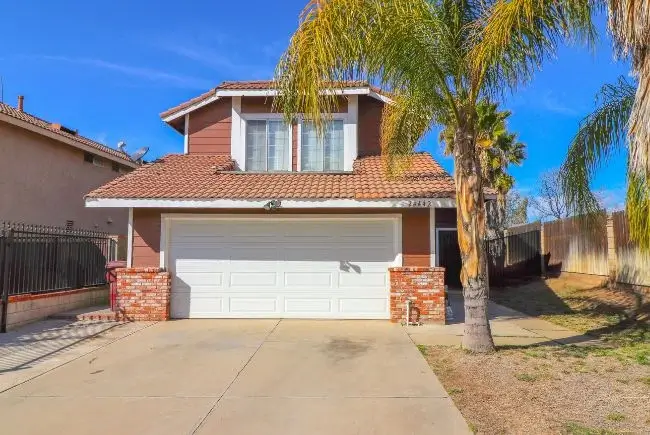
These tiles add a Mediterranean look and are extremely sturdy. However, they may not be for every home.
Pros and Cons of Clay and Concrete Tiles
Pros | Cons |
|---|---|
They can last for 50+ years with proper maintenance. | They’re heavy, requiring a reinforced roof structure. |
Excellent for hot climates, as they naturally regulate indoor temperatures. | Expensive initial cost and labor-intensive installation. |
Clay and concrete tiles are non-combustible, providing added safety. | Can crack under impact, such as falling branches from nearby trees. |
Best Fit: Homes in warmer climates or those aiming for a distinctive, classic look. | |
5. Wood Shingles and Wood Shakes
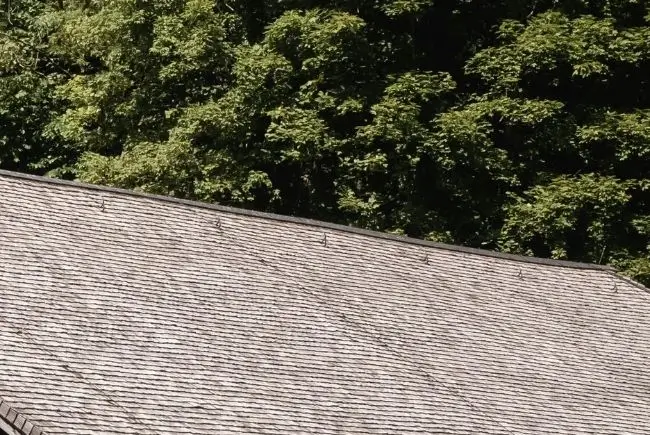
Prefer something more natural and simple? Many homeowners still opt for wood roofing or cedar shakes for their natural appearance, like weathered wood, which is just hard to replicate with other materials.
Pros and Cons of Wood Shingles and Shakes
Pros | Cons |
|---|---|
The warm, natural look works well for cottages and traditional-style homes. | They require regular upkeep and more maintenance than other roof materials |
Made from natural materials, wood can be a sustainable choice. | It’s one of the most expensive roofing materials. |
Best Fit: Homes in dry climates. It’s also great for those who want a simple aesthetic. | |
6. Composite Roofing
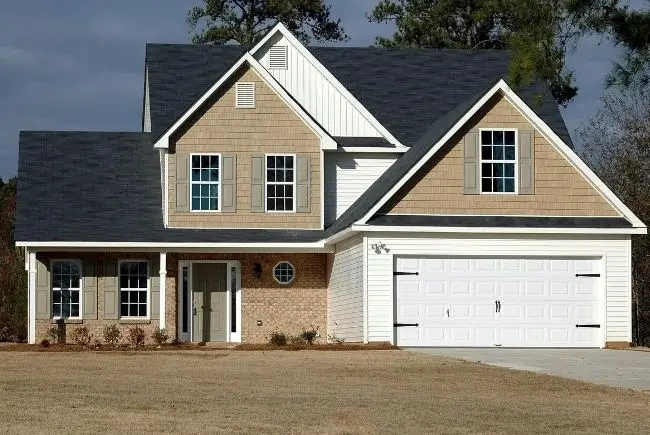
Composite shingles usually have a multi-layer design with extra durability. The advanced manufacturing process lets composite replicate the natural textures and colors of traditional materials, which makes it a great option for those who want both aesthetics and practicality.
Pros and Cons of Composite Roofing
Pros | Cons |
|---|---|
It’s resistant to cracking, fading, and warping. It also resists pests, mold, and algae. | While less expensive than slate or wood, it’s usually pricier than asphalt shingles. |
Unlike wood or natural slate, composite roofing requires minimal upkeep. | Some lower-quality composite materials may be less effective in extremely hot climates due to degradation over time. |
Composite shingles are significantly lighter than slate or tile, so there’s no need for additional structural support. | Its lifespan usually lasts 30-50 years, which is shorter than the lifespan of slate or metal. |
Best Fit: Great for those looking for the aesthetic appeal of high-end materials like slate or wood without the high cost or maintenance requirements that come with it. Works well for home located in areas with varying weather conditions. | |
How to Choose the Right Roof Color
Once you’ve chosen the material for your property, it’s time to think about roof shingle colors. Contrary to what you might initially think, it’s not purely an aesthetic decision. In fact, the color of your roof can affect energy efficiency, curb appeal, and even the overall feel of your property.
1. Climate Matters

Light-colored roofs or cool roofs reflect sunlight, making them a smart choice for homes in hot climates. They can help reduce cooling costs by keeping your home cooler and more energy-efficient. On the flip side, roofing materials with dark colors (e.g., dark blue, dark brown, or dark green shingles) usually absorb heat at a higher rate, which can be good news in colder areas where homes need to retain warmth.
2. Home Style and Aesthetics

The color of your roof should complement other design elements and materials of your home like your exterior colors and brick colors. Here are some tips:
Traditional homes usually pair well with neutral tones like gray, black, or brown.
Modern homes can pull off bold colors like charcoal or even metallic finishes.
Mediterranean-style homes look stunning with warm reds or terra cotta finishes.
3. Blending or Standing Out?
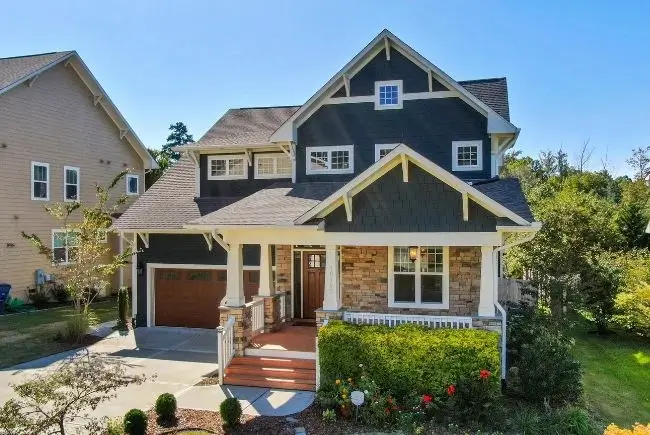
Consider your neighborhood. Do you want your roof to blend in with surrounding homes, or do you want it to stand out? A bold roof color can make a statement, but neutral colors are often a safer bet if you’re thinking about resale value.
4. Energy Star Roofing Options
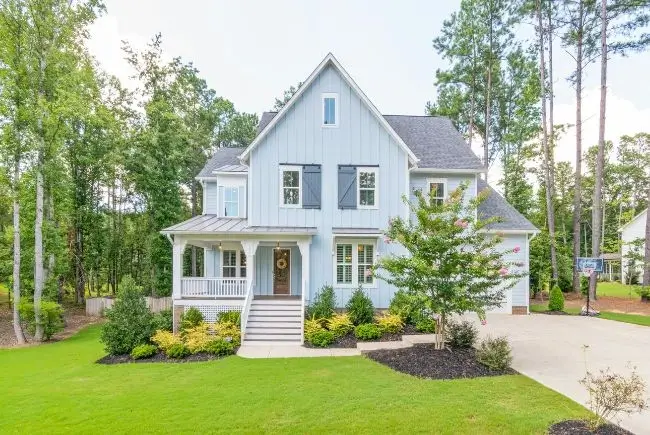
There are other ways to save on energy bills aside from getting solar panels or upgrading to solar roofing. Some roofing materials and colors are specifically designed to be energy efficient, reflecting more sunlight and reducing heat absorption. Look for products with Energy Star ratings for lower energy costs.
Roof Design: It’s About More Than Just Materials
Roof Slope and Drainage
Steeper slopes are suitable for areas that regularly experience heavy rain or snow, as they allow for faster water runoff. Flat roofs or low-sloped roofs, on the other hand, work best for modern designs or areas with mild or minimal rainfall.
Ventilation
To prevent moisture buildup in your attic, you need proper roof ventilation. Without it, you could face problems like mold, mildew, or ice dams in colder climates.
Gutter Systems
A good gutter system isn’t technically part of your roof, but it’s extremely important in maintaining your roof’s integrity. Properly installed gutters direct water away from your foundation and prevent pooling on your roof.
Design Considerations for Oklahoma Homes
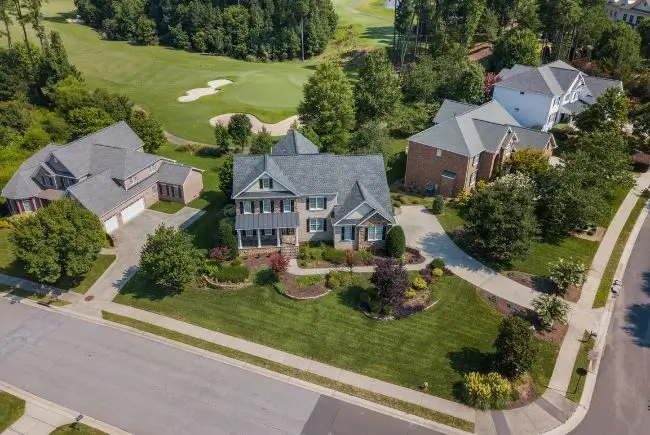
The architectural style of your property should influence your roofing choice. Ranch-style homes, which are common in OKC, look fantastic with architectural shingles or metal roofing. Mediterranean or Spanish-style homes pair beautifully with tile roofs that can handle heat.
For slope and ventilation, we recommend:
A minimum 4/12 pitch for the best drainage.
Proper ventilation systems to handle Oklahoma’s humidity.
Overhangs of at least 12 inches to protect walls from the intense summer sun.
Why You Need Professional Roof Installation
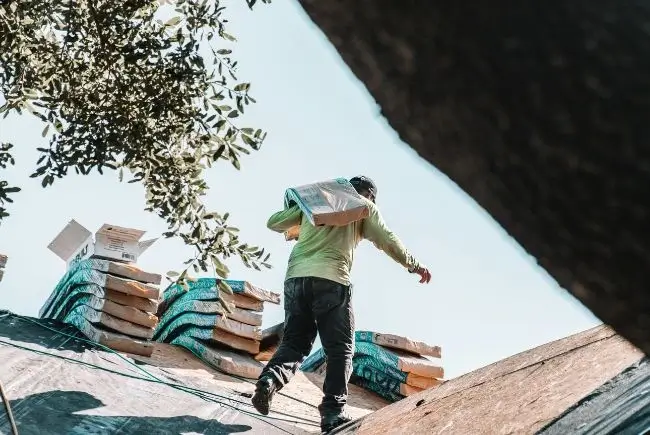
Picking the most suitable materials, colors, and design for your roof is one thing, but properly installing it is another. That’s why we highly recommend getting professional help for total roof replacements, installations, and roof repair in Oklahoma City. Working with roofing contractors is a smart investment that helps you make sure you get a roof that can stand up to everyday challenges brought by the weather in Oklahoma.
Maupin Roofing Is Your Professional Roofing Partner
For reliable roof repairs, new roof installations, and other commercial and residential roofing services, Maupin Roofing is only a call away. Visit our website or contact us today to get started!
Remember—we got you covered, Oklahoma!

Types of Asphalt Shingles for Residential Homes
People tend to use asphalt shingles for residential homes because of their affordability and longevity. At Maupin Roofing, we’ve had numerous clients ask about the

Understanding and Resolving Issues with Roof Flashing
Your roof flashing is just as important as your entire roof system. When neglected, it can lead to some serious roofing issues that will require

Harnessing Natural Light for Commercial Spaces
Nothing beats the warmth of direct sunlight streaming into a workspace. In Oklahoma City, where there’s ample natural light, businesses have a golden opportunity to

Seasonal Gutter Cleaning: Year-Round Roof Protection Guide
Seasonal gutter cleaning is just as important as regular home maintenance. Ignoring your gutters means you can end up with a whole lot more than

8 Most Common Causes of Roof Leaks and How to Prevent Them
Unfortunately, the most common causes of roof leaks are not always immediately noticeable, making it hard for homeowners to know whether they’re actually dealing with

Clay Tile Roofing for Homes: Everything You Need to Know
Interested in clay tile roofing for homes? There are a few things you should know about it, and Maupin Roofing is here to lay everything

